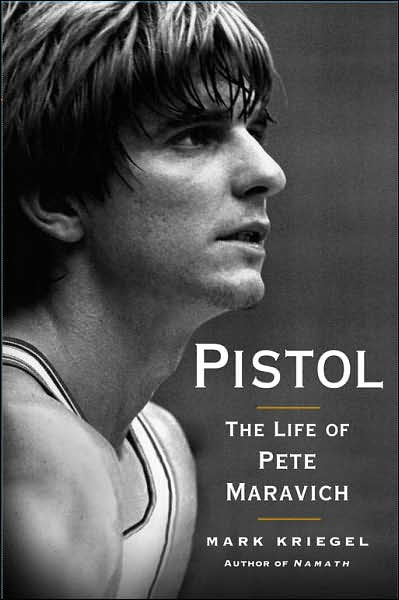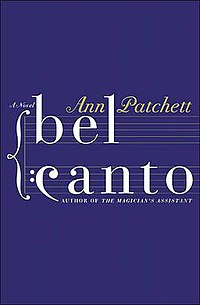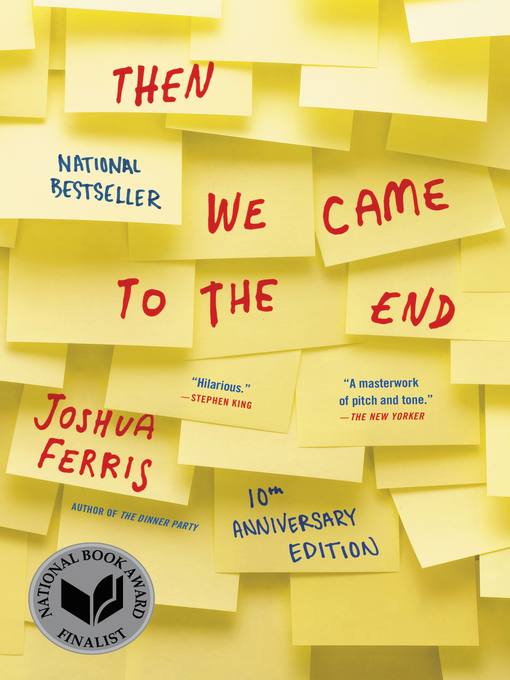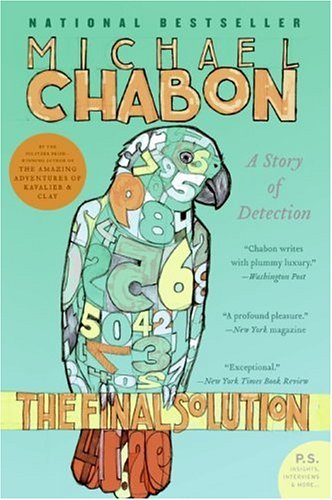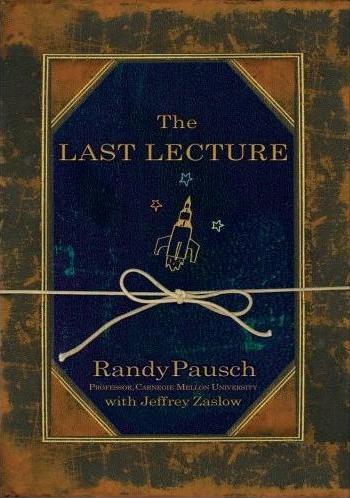
My affinity (okay, Highsmithian obsession) for Chuck Klosterman has been documented earlier on this blog, so I went dwell on that again. And I know (or at least I believe, I'm too lazy to find the link) I listed this collection in my ten recommended books post, so its not like this was all new. But after enjoying IV so much, I decided to back up and reimmerse myself in the only other Klosterman lying around my apartment (besides the heavily-drugged-and-bound-in-a-large-sack-Audition-style author himself), Sex, Drugs, and Cocoa Puffs.
I love pop culture, and as an extension, I really enjoy well written pop culture criticism. It's why I spend so much time on the AV Club website (I actually confessed to two AV club writers I met the other day that I have trouble watching television programs that the website doesn't blog about, because I miss the outlet to confirm my opinions or the outrage disagreeing causes). And few, if any, do it better than Klosterman. While I think I enjoyed IV more, overall (partly because I found the interviews more interesting than the simply crticism pieces...he does Billy Joel in both of them, and comes to similar conclusions, but the essay in IV has the benefit of the fact that Klosterman discusses his conclusions about Billy Joel will never be "cool" with Billy Joel himself. SDandCP also contains the only Klosterman piece I've found that I actively disagree with, the one in which he argues against the idea and worthwhileness of soccer both as a passtime and a spectator sport. But his pieces on why our generation will forever be unsatisfied in relationships (because we watched too many John Cusack movies) and why Pamela Anderson is the new Marilyn Monroe (and what that says about America) are priceless, and I found another thing we have in common (a bizarre fascination with serial killers). And, if nothing else, Klosterman (a very white dude from middle america who now lives in NYC and makes money writing about popular things) can only be a great companion piece to Stuff White People Like.*
*While I have not checked SWPL out in book form, I have been a big fan of the blog for a while, and I am fairly confident that, by measure of both blog and book, I am the whitest contributor to this blog. But I'm willing to fight that one out.




